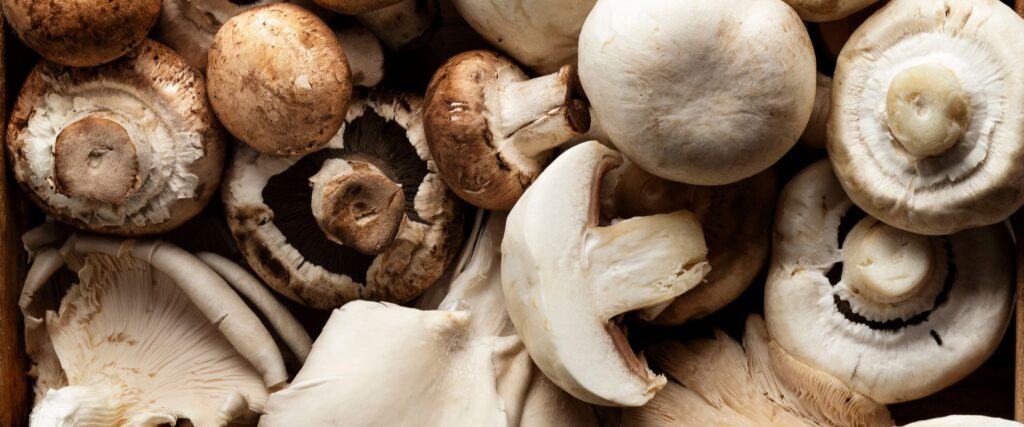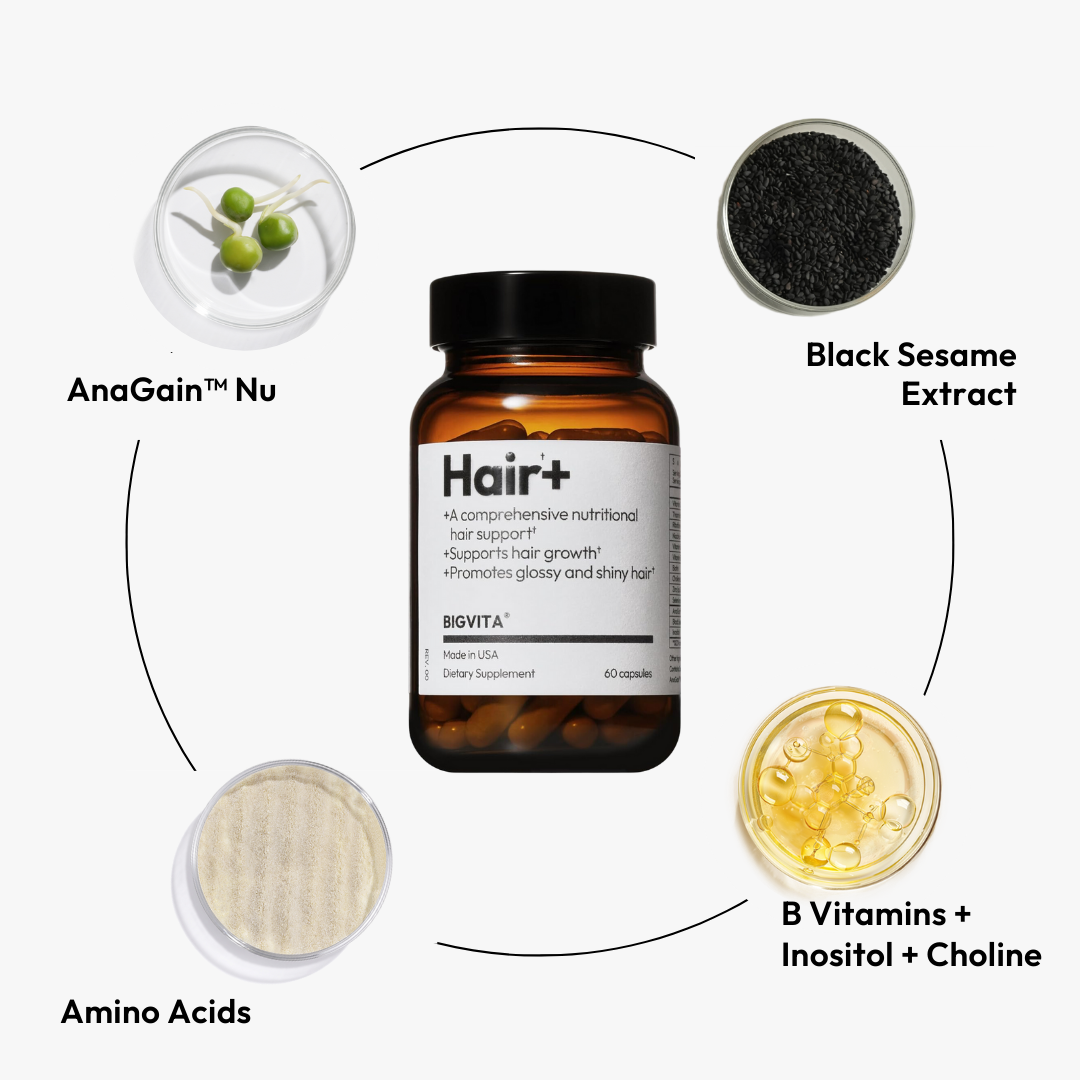L-ergothioneine is a naturally occurring amino acid and a powerful antioxidant that has recently gained attention for its health benefits. Found primarily in mushrooms and certain bacteria, this essential amino acid must be obtain through diet. This rarity has unique properties that make it a key player in promoting cellular health and protecting the body.
What Is L-Ergothioneine?
L-ergothioneine was first discovered in 1909 by Charles Tanret, who isolated it from the ergot fungus. Now, it is recognized as a powerful antioxidant with a unique ability to accumulate in tissues that are most prone to oxidative stress, such as the liver, kidneys, eyes, and bone marrow. Unlike many antioxidants, this one is water-soluble, allowing it to act within various cellular compartments and provide a broad spectrum of protection.
The primary sources of L-ergothioneine include mushrooms and black and red beans. Given its rarity and the fact that humans cannot produce it, incorporating mushrooms or L-Ergothioneine supplements into the diet is one of the best ways to ensure adequate intake of this valuable nutrient.
Why Is It Important?
L-ergothioneine’s importance lies in its potent antioxidant and cytoprotective properties. It has a unique ability to scavenge reactive oxygen species (ROS) and other free radicals, reducing oxidative damage and inflammation. Furthermore, it helps maintain mitochondrial function, protects DNA from oxidative stress, and supports immune health. Studies suggest that L-ergothioneine plays a role in protecting against neurodegenerative diseases and aging cognitive decline by safeguarding nerve cells from oxidative damage.
The Future of L-Ergothioneine in Health and Wellness
As research continues to unveil the benefits of L-ergothioneine, it is becoming increasingly clear that this amino acid could be a valuable tool in promoting longevity and overall health. With its strong antioxidant properties, ability to reduce inflammation, and potential neuroprotective effects, this crucial nutrient fights against aging and chronic disease. As more people seek natural ways to support their health, L-ergothioneine is poised to become a staple in the wellness community.
_________
References
- Kalaras, M. D., Richie, J. P., Calcagnotto, A., & Beelman, R. B. (2017). Mushrooms: A rich source of the antioxidants ergothioneine and glutathione. Food Chemistry, 233, 429-433.
- Paul, B. D., & Snyder, S. H. (2010). The unusual amino acid L-ergothioneine is a physiologic cytoprotectant. Cell Death & Differentiation, 17(7), 1134-1140.
- Halliwell, B., & Cheah, I. K. (2013). Ergothioneine; antioxidant potential, physiological function and role in disease. Biochemical Pharmacology, 86(8), 1151-1157.




